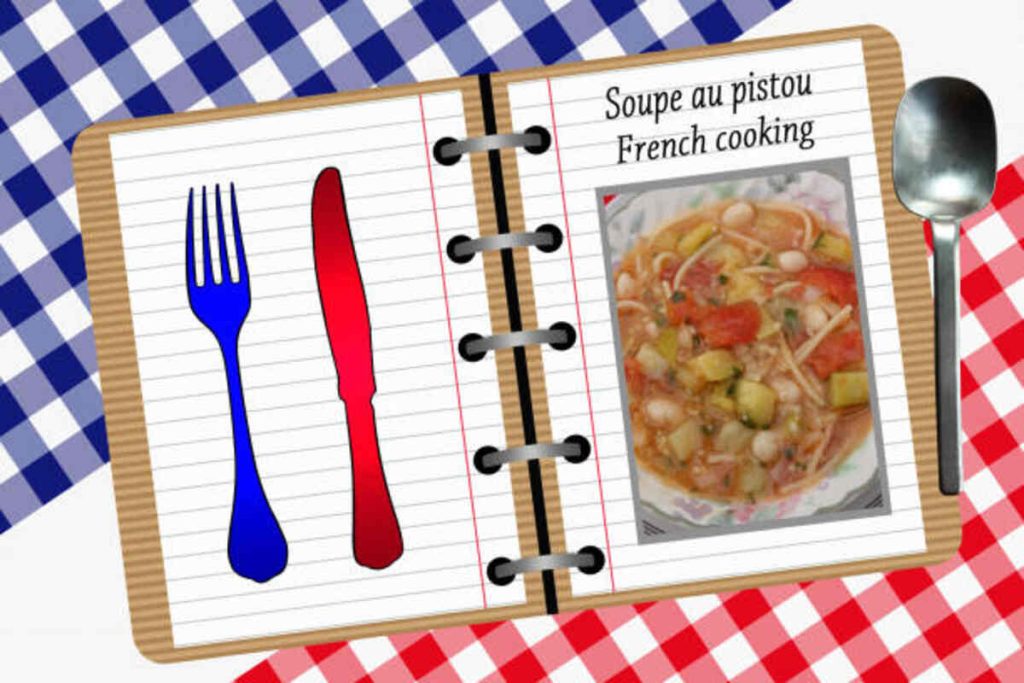Crossword clues related to food can be challenging puzzles that force us to think outside the box and problem-solve creatively. It would be best to locate clues of definitions, word associations, synonyms, or antonyms of various phrases within the clues given – this could take the form of reports, word associations, synonyms/antonyms, etc.
If you struggle with solving a puzzle, use our database for answers. You can refine your search by specifying the number of letters in the desired word or providing patterns.
A crossword clue is a hint or information that helps the solver determine the word that fits a particular square of a crossword puzzle.
Crossword clues provide hints or information to aid solvers in finding words for specific squares in crossword puzzles. Clues may be cryptic and intended to challenge solvers by necessitating deeper levels of thought; sometimes, these may include puns, anagrams, or punctuation marks to indicate they may not have an obvious solution.
Sometimes, clues are written to indicate where an answer can be found; for instance, an indication such as “Flying to the left?” could suggest its location lies to the left of the grid. Another form of clue known as an internal clue can reveal hidden themes within a puzzle by including words related to them within hints – an example might consist of indications such as “pussyfoot,” “caterwaul,” and “kittenish.”
Some clues require more careful thought, and keeping an open mind when decoding them is essential. This is especially true of clues featuring punctuation marks such as a question or exclamation marks at the end of them, such as one reading “hit the hay,” which could mean either eating or sleeping!
A crossword puzzle is a type of word game.
Crossword puzzles are a form of word game that utilizes a grid that includes blank (white) and canceled (black, shaded, or crosshatched) squares, where each empty square must contain either a letter from the alphabet to form an answer that fits a list of definitions or clues provided to solve it.
Some clues can be challenging to decipher and require creative problem-solving skills to solve; an example would be “Lukewarm,” with numerous potential answers such as “Tepid,” “Tepider,” or even “Tepidation.” Others use ambiguous wordplay or puns to throw off solvers – for instance, “Nice summer?” could mean pleasant or France.
Another important point when solving crosswords is recognizing that many answers will likely be plural since most plural words end with S, as do crossing entries containing such terms. Therefore, it’s crucial that you can spot these clues quickly to ensure that any phrases entered don’t have S-words.
Some puzzles center around a theme, which unifies all clues and answers within that category. For instance, one type may feature entries related to music or movies – these puzzles tend to be more complex yet highly enjoyable!
A crossword clue is a wordplay.
Crossword puzzles can be an engaging way to teach vocabulary and wordplay to students, helping develop cognitive skills while improving overall student well-being. Crosswords may also help reinforce and practice grammar/vocab/writing abilities – encouraging children to use imagination, resourceful observation, and perseverance when solving them!
Crossword clues provide a hint or information that helps a solver find the word that fits each crossword puzzle square. Clues may come in the form of definitions, word associations, synonyms, or antonyms, sometimes written cryptically to force solving skills and knowledge together with reasoning to uncover correct solutions.
“Nice Summer?” is an amusing pun on “Nice, France,” since “ete” in French stands for summer. This type of wordplay is called wit or wordcraft and involves using language creatively to produce humorous or clever wordplay.
The LA Times crossword puzzle is well-known for its challenging clues that force solvers to think more closely at answers, with themed sections adding even further difficulty to the solving experience. If you struggle, try taking an alternative approach or a break until later – this may provide a new perspective or lead to sudden inspiration!
A crossword clue is a cryptic clue.
Crossword clues are words or phrases that lead to one answer word through specific rules, known as crossword clues. Cryptic clues are most popular in Britain but appear frequently in American crosswords. While standard clues use definitions as their basis for hinting about answers, cryptic clues use wordplay such as reversals, anagrams, and puns as clues towards solutions; additionally, cryptic clues often include pointers to suggest movement within their answers or meaning in them.
An anagram crossword clue is one of the most beloved types of puzzles, requiring solvers to rearrange the letters of the clue into an answer. Indications that contain an anagram often include words that indicate they are an anagram, such as “boiled and returned,” while others could consist of about, upset, or another way.
Puns are another popular type of crossword clue. While they’re usually easy to spot, understanding them may prove more challenging; puns typically involve wordplay that results in humorous or silly situations – some examples being “flutter by,” “bittered pitcher,” and “sworn.” While these tricky clues can be challenging and time-consuming, solving one will surely provide great satisfaction! Many find puns more satisfying than standard crossword clues!

